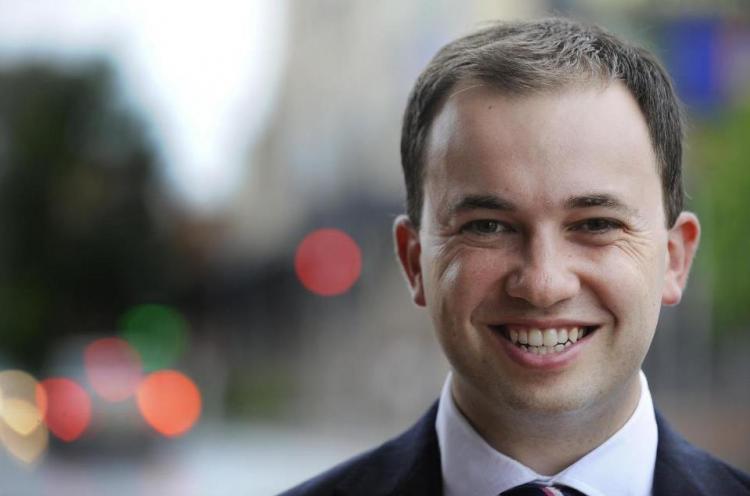
Mr MATT KEAN (Hornsby-Parliamentary Secretary) [7.33 p.m.]: Australia is a country of great diversity. We can see it in the faces of the people that we work with, in the restaurants that line the main streets of our towns, and in the variety of religious and cultural events that are celebrated around the country such as Chinese New Year, Diwali, Hanukkah, Ramadan and Christmas, to name a few. However, the treatment of the Aboriginal peoples in this country is a chilling reminder that tolerance has not always been embraced.
Similarly, the Cronulla riots remind us how quickly all that we have achieved can be put at risk. The proposed amendments to the Racial Discrimination Act were put forward on the basis that the current wording of section 18C inappropriately constrains our freedom of speech. Section 18C makes it unlawful to do an act in public that is reasonably likely to offend, insult, humiliate or intimidate another person or a group of people if the act is done because of the race, colour or national or ethnic origin of the other person.
There is no doubt that freedom of speech plays an important role in our democracy. It ensures that when we go to the ballot box we make informed decisions about who we vote for. Freedom of speech is necessary so that communities can debate political ideas and individuals can have a say on decisions that affect them. Section 18C ensures that everyone has a role to play. However, a flourishing society requires more than freedom of speech. It requires security, stability, a just legal system and a vibrant economy. That is why freedom of speech is not absolute. In this country it is criminal to disclose secrets that risk the lives of Australian soldiers. Likewise, it is a crime for corporate executives to disclose market-sensitive information to their mates. The law protects us from slander and it protects privileged comments made to our lawyers.
As a society we recognise that these restrictions do not hurt our democracy or way of life. Indeed, we understand that they are necessary to maintain it. Laws against hate speech are no less necessary because racism and bigotry tear at the heart of our social fabric. Racism and bigotry leave people feeling exiled in their own home. They do not improve the quality of public debate nor do they assist us with the wise completion of a ballot paper. Racism and bigotry are insidious; they attack people because of their identity and their heritage. They imply that a person is inferior. They are hurtful and divisive and can lead to individuals and communities feeling unwanted, undervalued and second class. Racist and bigoted comments today can also revive memories of past wrongs. Unfortunately, few ethnic groups have been spared the pain of racially justified persecution. Examples such as slavery in the United States and the Holocaust are well known. In recent times the world has witnessed genocide in Bosnia and Rwanda. In North Korea persecution is justified by racial supremacy.
We have built a vibrant, rich and diverse society, which is not focused on the differences between us but is founded on the strengths that our differences afford us. Section 18C stands not as a threat to freedom of speech but as a protector of the purpose that freedom serves and as a guard to an achievement that is exceptional in this time and rare in times past.
Read the full transcript in Hansard here.
